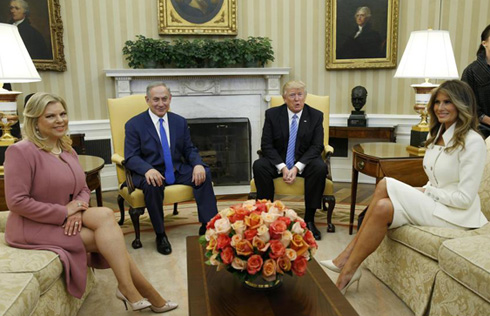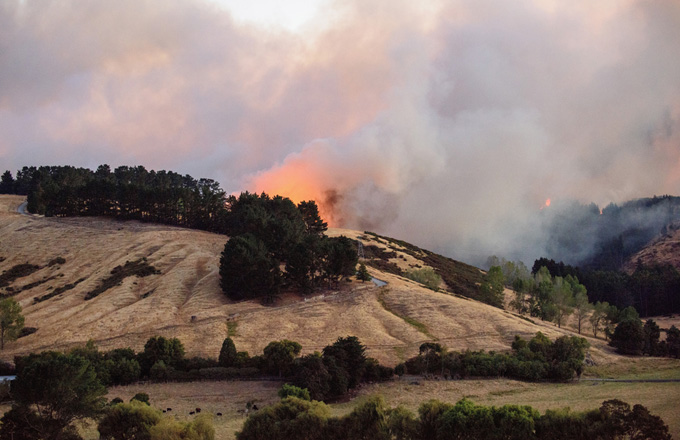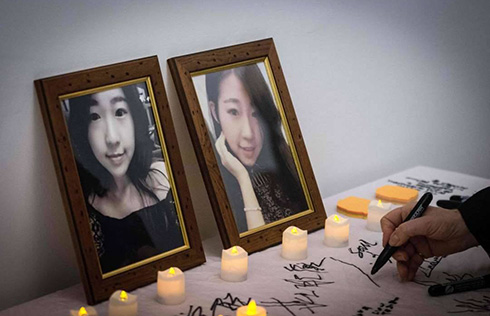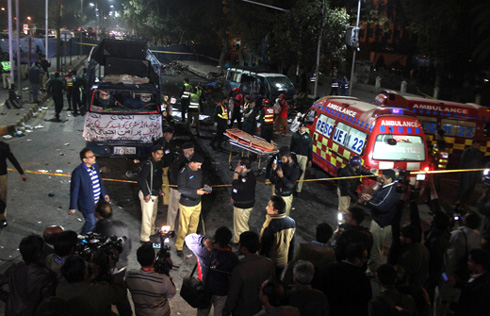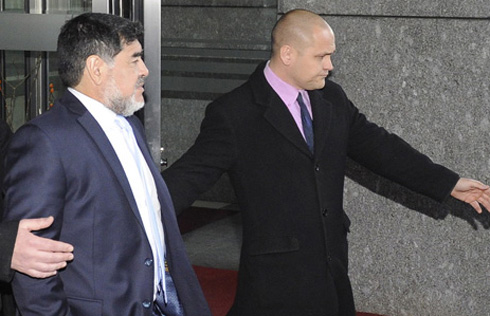Trump knew Flynn misled WH weeks before ouster: officials
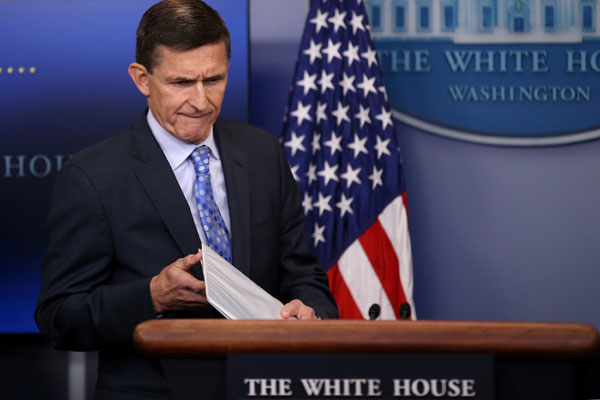 |
|
National security adviser General Michael Flynn arrives to deliver a statement during the daily briefing at the White House in Washington US, February 1, 2017. [Photo/Agencies] |
Flynn was interviewed by the FBI about his telephone conversations with Russia's ambassador to the US, a sign his ties to Russia had caught the attention of law enforcement officials.
But in the White House's retelling of Flynn's stunning downfall, his error was not that he discussed US economic sanctions with the Russian before the inauguration — a potential violation of a rarely enforced law — but the fact that he denied it for weeks, apparently misleading Vice President Mike Pence and other senior Trump aides about the nature of the conversations. White House officials said they conducted a thorough review of Flynn's interactions, including transcripts of calls secretly recorded by US intelligence officials, but found nothing illegal.
Pence, who had vouched for Flynn in a televised interview, is said to have been angry and deeply frustrated.
"The evolving and eroding level of trust as a result of this situation and a series of other questionable incidents is what led the president to ask General Flynn for his resignation," White House spokesman Sean Spicer said Tuesday, one day after the president asked Flynn to leave.
Flynn, in an interview with The Daily Caller News Foundation, said Monday "there were no lines crossed" in his conversations with Russian Ambassador Sergey Kislyak.
The explanation of the episode left many questions unanswered, including why Trump didn't alert Pence to the matter and why Trump allowed Flynn to keep accessing classified information and taking part in the president's discussions with world leaders up until the day he was fired.
White House officials also struggled to explain why Trump counselor Kellyanne Conway had declared the president retained "full confidence" in Flynn just hours before the adviser had to submit his letter of resignation.




